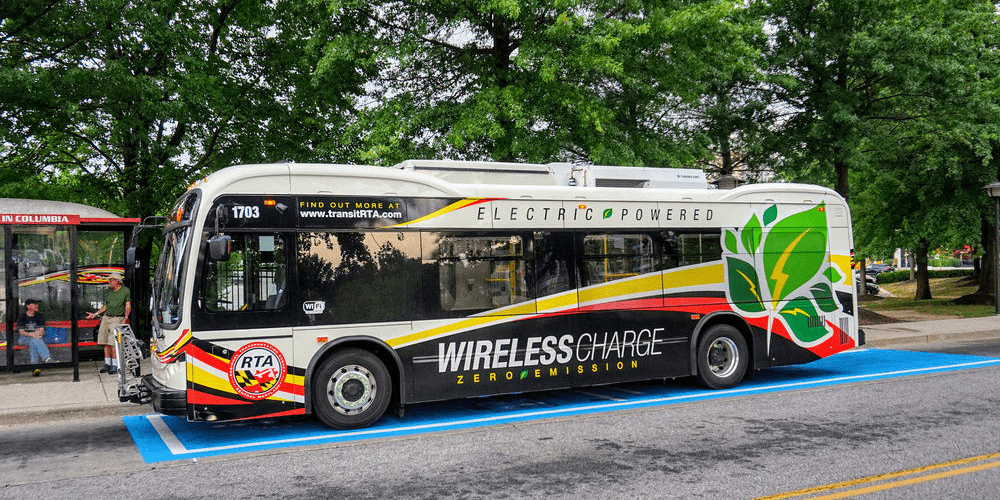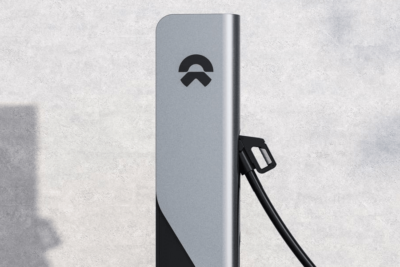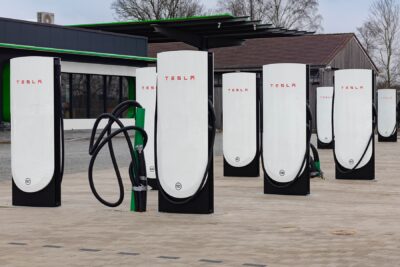Wireless charging halves e-bus operating cost for Link Transit
The US transport agency Link Transit from Wenatchee, Washington, is wirelessly charging electric buses using inductive charging systems from Momentum Dynamics. After three years in daily use the authority is drawing a satisfactory balance, in particular when it comes to operating cost.
According to Link Transit’s General Manager Richard DeRock, the operating cost of their electric buses is about 51% of a diesel-fueled bus. Currently, the company has twelve electric buses using four 300-kW inductive charging stations.
To quickly recapture, Link Transit started using wireless charging in 2018, claiming they were the first to use such a system in the USA. Then, in 2021, Momentum upgraded the previously installed system to 300 kW as reported.
“Momentum’s wireless chargers have been a game-changer for us,” said DeRock. “They charge our electric buses for a few minutes on the layover between routes and provide additional range, allowing our buses to stay in service for 12 to 14 hours a day – even during the harsh cold of winter.”
Momentum’s system comprises modules or pads rated at 75 kW. By combining multiple pads, the modules can deliver up to 300-450 kW per bus.
“Wireless charging makes fleet management very efficient because the system delivers increased range and eliminates the need for a depot full of cables and chargers, all of which are subject to wear and tear and create a hazardous condition for workers,” adds Andy Daga, CEO of Momentum Dynamics.
Link Transit uses the wireless system to charge a growing fleet of electric buses made by BYD in the US.
To replace ageing diesel buses and expand service, Link Transit says it will receive eleven more electric buses in 2023, all of which will use Momentum’s wireless charging stations.
In today’s communication, Momentum added, other communities using their wireless chargers for their mass-transit buses include Indianapolis, Martha’s Vineyard, Chattanooga, TN, and new installations across Washington, Oregon, California, and other states. The new terminal at Kansas City International Airport has also been equipped with the wireless chargers. An initial fleet of seven (eventually 28) buses will be in constant operation, sharing two wireless chargers.
This year, the US company has also advanced into the passenger car sector and since this May offers a wireless system that offers the possibility of both high (50-75 kW) and low (7-22 kW) power charging thanks to a “dual power” mode. The company sees this as “a major breakthrough with enormous implications for the EV industry”. So far, a similar system reportedly charges a fleet of Volvo XC40 Recharge taxis in Gothenburg, Sweden, since March.





